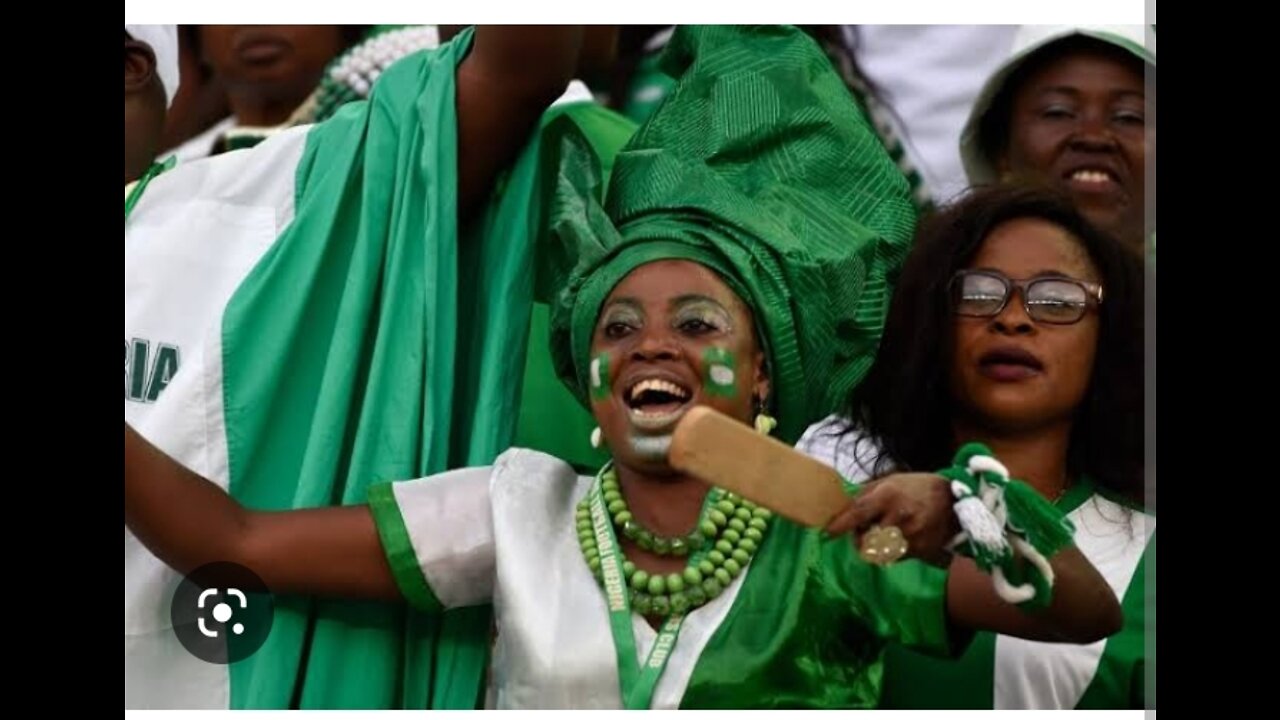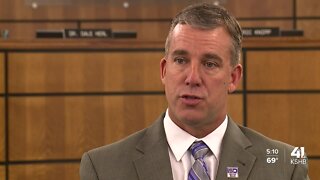Premium Only Content

Nigeria’s Independence Day is a time to reflect on political gains and challenges
Nigeria got independence from Britain on 1 October 1960. As the country celebrates its political journey in the last 62 years, political scientist Ayo Olukotun takes a look at the nation’s political development, gains and challenges. He also offers the way forward.
How would you describe Nigeria’s political development?
Well, in terms of evolution, the nation appears to be shedding the toga of unitarism and jackboot politics – at least for now. However, there are residues of the long years of military rule in today’s civilian democracy. Nigeria is still quite authoritarian.
One example would be a report recently released by the National Human Rights Commission. Discipline was recommended against some police officers because they allegedly brutalised civilians. And, despite the EndSARS protests against police brutality in 2020, not much has changed in terms of their behaviour.
There is also presidential omnipotence. The Nigerian president is about the most powerful president in Africa. This power is made possible by the 1999 constitution, a unitary document masquerading as a federalist one. State governors, too, are protected by the constitution. Nobody dares challenge them: in one instance a journalist was arrested for statements a governor considered uncomplimentary.
-
 1:55
1:55
KSHB
2 years agoIndependence students, leaders reflect on Texas elementary school shooting
3 -
 1:53
1:53
KIVI
2 years agoMexico's Independence Day
4 -
 1:53
1:53
KIVI
2 years agoMexico's Independence Day
8 -
 13:27
13:27
IsaacButterfield
5 days ago $16.64 earnedI'm Scared
56.6K43 -
 6:11
6:11
Dr. Nick Zyrowski
1 day ago4 Things I Never Do As A Doctor - Must See!
36.7K15 -
 12:26
12:26
RTT: Guns & Gear
17 hours ago $16.78 earnedLevel Up Your Sig P365 With XTech Tactical
51.8K7 -
 3:13:36
3:13:36
DDayCobra
13 hours ago $31.93 earnedCobraCast 199
76.5K16 -
 12:14
12:14
DeVory Darkins
12 hours ago $35.00 earnedBill Maher TRUTH BOMB Triggers HEATED Argument on The View
109K142 -
 31:58
31:58
The Officer Tatum
9 hours agoThe View LASHES OUT On Morning Joe For MEETING WITH Trump
72.7K113 -
 1:37:46
1:37:46
Kim Iversen
15 hours agoJoe Biden’s Post-Election Revenge: WW3 | Democrats Tremble Over Matt Gaetz and RFK Jr, Form “Shadow Cabinet"
145K149